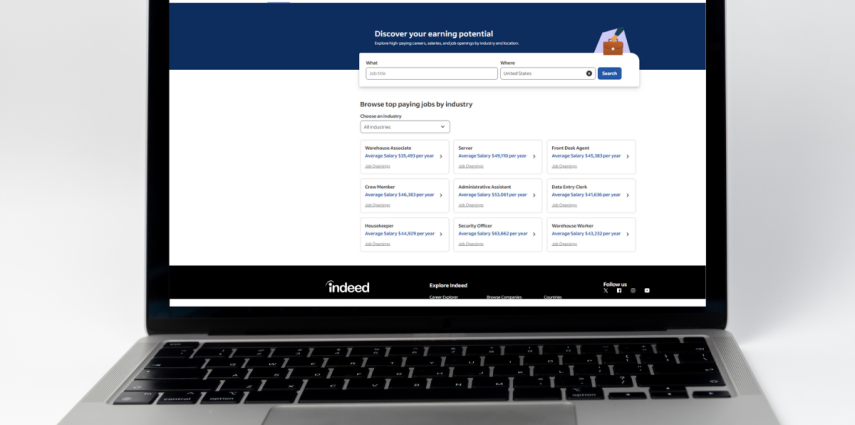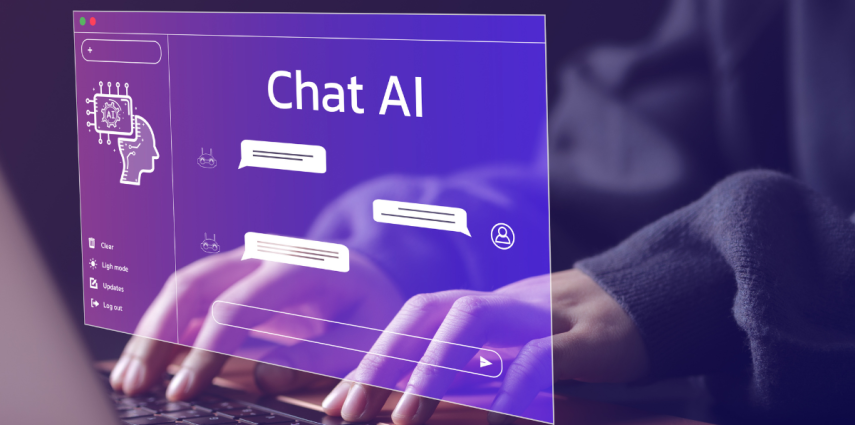The job market is evolving at an unprecedented pace, and job platforms like Indeed are leading the charge with important information that cater to both job seekers and employers. Recently, Indeed announced that better performing jobs are improving their job performance by integrating salary details and precise location. This blog will delve into how these features are reshaping the job landscape, benefitting both candidates and businesses alike, and we’ll explore why these changes are vital for navigating today’s competitive work environment.
Recent data from Indeed shows that sponsored job postings with salary details and precise locations receive 2.5X more impressions, 2.3X more clicks, and 3.3X more apply starts compared to those without these details.
According to Indeed, “Salary is one of the most important pieces of information according to job seekers. Job location is one of the most frequently requested details for a job description, and ideally has the most precision possible.”
The Necessity of Salary Details
In the modern job search, salary expectations play a pivotal role. Job seekers are increasingly looking for positions that align with their financial needs. By leveraging salary details and allowing employers to display salary ranges prominently in their job postings, Indeed fosters a culture of openness. This feature not only helps candidates filter jobs according to their desired compensation but also encourages businesses to establish more competitive salary offerings. The result? A transparent hiring process that attracts top talent while giving candidates the clarity they deserve.
Location Precision: Matching Jobs to Candidates
For many job seekers, location is non-negotiable. With the rise of remote work and hybrid models, it’s more crucial than ever for job platforms to provide precise location targeting. Indeed’s upgraded algorithms ensure that job seekers see listings that fit their preferred geographic areas, making it easier for them to apply to relevant opportunities. By matching jobs to candidates based on their specific locations, Indeed minimizes the hassle of sifting through unsuitable listings, enhancing the overall job search experience.
Empowering Employers and Job Seekers
Together, the focus on salary transparency and precise location information empowers both job seekers and employers. Candidates can navigate the job market more effectively, prioritizing jobs that meet their financial and geographical needs. Meanwhile, employers can refine their job postings to attract the right candidates who fit their organizational culture and requirements. This synergy leads to a more effective hiring process and a higher likelihood of job satisfaction for new hires.
Conclusion
Indeed’s announcement to enhance job listings by incorporating salary transparency and precise location targeting is a significant step towards revolutionizing the job market. These features not only simplify the job search for candidates but also enable companies to attract and retain top talent effectively. As the job landscape continues to evolve, embracing these changes will be crucial for job seekers and employers alike. By understanding the importance of salary transparency and location precision, both parties can engage in a more informed and efficient hiring process, ultimately creating a more effective and fulfilling work environment.
At Pereless Systems, we understand the importance of maximizing the effectiveness of your job postings on Indeed. By adding this information, you can attract more quality candidates and improve your overall hiring success. Our team is here to assist you in optimizing your job postings to ensure maximum impact on Indeed.









